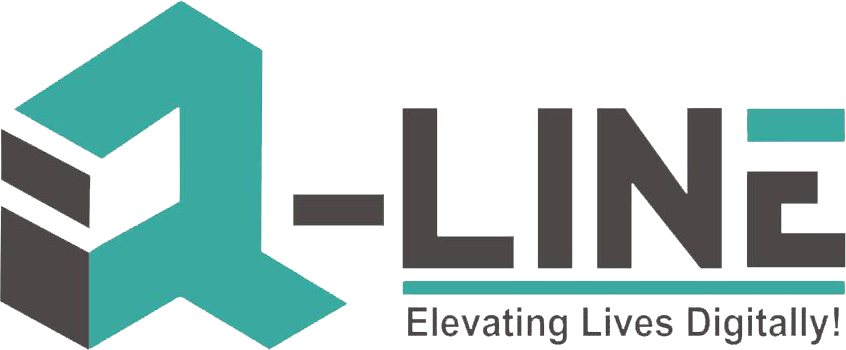The current state of healthcare in India is characterized by its struggles with accessibility, affordability, and an overloaded infrastructure. Patients often face challenges in reaching healthcare providers, particularly in remote areas, and the cost of healthcare services remains a significant barrier for many. Moreover, the lack of centralized data management contributes to inefficiencies in delivering timely and accurate care.
Digital transformation emerges as the beacon of hope for India’s healthcare system.Imperative need for digital transformation to overcome these hurdles and usher in a new era of healthcare efficiency and effectiveness.By embracing electronic health records (EHR), healthcare providers can streamline patient data management, ensuring a more organized and accessible approach to patientinformation.This not only enhances patient care but also facilitates seamless data sharing among different healthcare entities, fostering collaborative and efficient healthcare delivery.
Telemedicine and remote patient monitoring stand out as key components of this digital evolution.These technologies bridge the geographical gaps in accessing healthcare services, particularly in ruraland underserved areas. Real-time monitoring of patients with chronic conditions becomes feasible,allowing for proactive interventions and reducing the burden on traditional healthcare facilities.
The integration of data analytics and artificial intelligence (AI) into healthcare practices opens newdoors for predictive analytics, disease prevention, and personalized treatment plans. These technologies leverage vast datasets to identify patterns, predict health outcomes, and tailor treatment approaches based on individual patient characteristics.Mobile health (mHealth) applications play a pivotal role in patient engagement and adherence. Byproviding a platform for appointment scheduling, medication reminders, and health tracking, these applications empower patients to take an active role in their healthcare journey, ultimatelycontributing to better health outcomes.
Blockchain technology introduces a layer of security and integrity to patient data, addressing concerns related to privacy and unauthorized access. It also streamlines the healthcare supply chain,ensuring the authenticity of medications and medical equipment.
However, the path to digital transformation in Indian healthcare is not without challenges. Resistance to change within the healthcare system, concerns about data security and privacy, and limited digital literacy among healthcare professionals are significant hurdles that must be addressed
for successful adoption.
To inspire change, this blog will also showcase success stories and case studies highlighting thepositive impact of digital transformation on patient care and operational efficiency in Indian healthcare. These examples serve as beacons of hope, demonstrating the tangible benefits that technology can bring to the healthcare landscape.
Looking forward, the blog will also future trends and opportunities, including the integration of emerging technologies such as IoT and 5G. The potential for AI-driven diagnostics and treatment presents exciting and immense possibilities for more precise and effective healthcare interventions.


